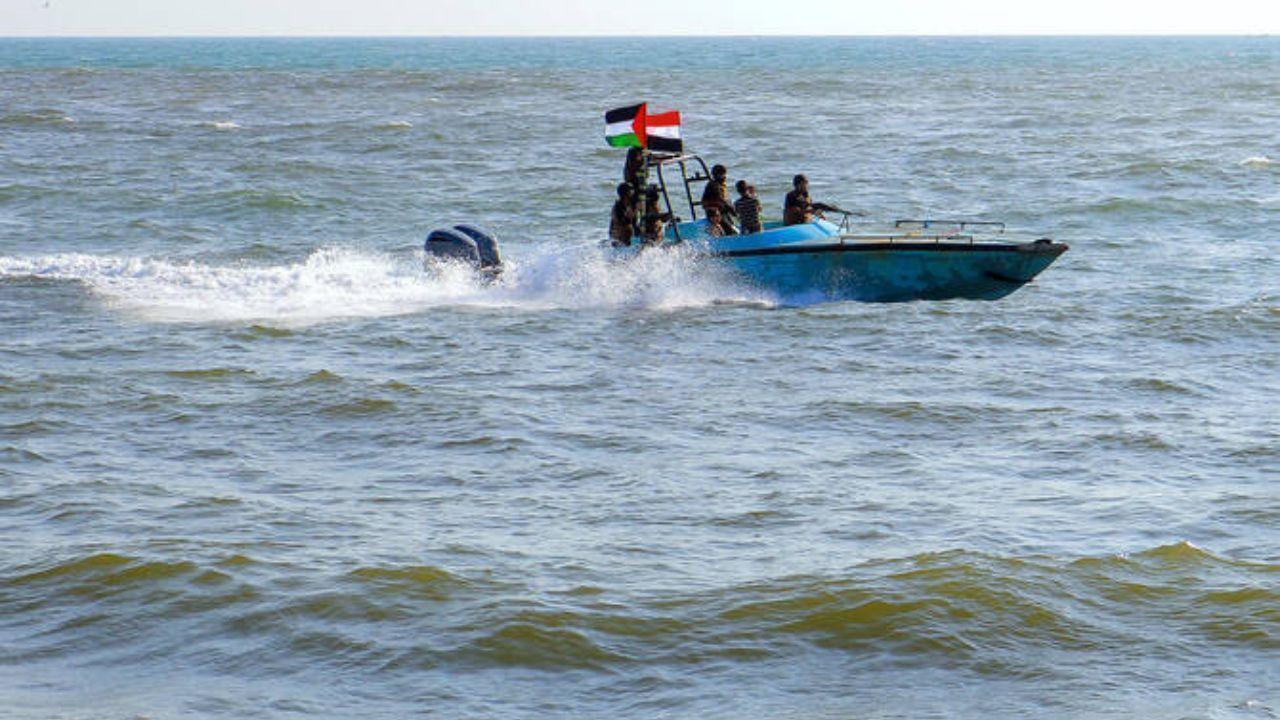
Post by : Priya
Photo:AFP
A new chapter of violence unfolded in the Red Sea as Yemen’s Houthi rebels attacked a commercial ship, just a day after claiming they had successfully sunk another vessel. This latest development adds to the growing instability in one of the world’s most vital shipping routes.
The Houthi group, a powerful militia controlling large parts of northern Yemen, said the attack was a response to the ongoing conflict in Gaza and continued Western support for Israel. The incident comes amid rising tensions in the region, where missile and drone attacks by the Houthis have become increasingly frequent.
This editorial explores the background of the Houthi movement, the significance of the Red Sea for global trade, the political and military implications of the attacks, and the potential dangers for the region and the world.
The Red Sea: A Global Trade Lifeline
The Red Sea is not just a body of water between Africa and the Arabian Peninsula; it is a key maritime corridor connecting the Mediterranean Sea (via the Suez Canal) to the Indian Ocean. Each year, billions of dollars' worth of goods—including oil, gas, food, and manufactured products—pass through this route.
With over 12% of the world's global trade moving through the Suez Canal, any disruption in this region causes serious delays and drives up prices worldwide. If vessels are forced to avoid the Red Sea and instead sail around Africa, the journey adds days or even weeks, plus significant costs.
The attacks by the Houthis have already forced some shipping companies to reroute. Insurance premiums have skyrocketed. Trade has slowed down. Economies in both the East and West are starting to feel the ripple effects.
Who Are the Houthis?
The Houthi movement, formally known as Ansar Allah, originated in the 1990s in northern Yemen. Initially a religious and political movement promoting Zaidi Shia Islam, the group gradually transformed into a militant force.
In 2014, they seized Yemen’s capital, Sana’a, forcing the internationally recognized government to flee. This sparked a civil war that continues to this day. A Saudi-led coalition began a military campaign against the Houthis in 2015, but the conflict has remained unresolved, leaving Yemen devastated and divided.
Supported militarily and financially by Iran, the Houthis have developed a sophisticated military capability. Over the years, they have launched countless missiles and drone attacks not only within Yemen but also toward Saudi Arabia, the UAE, and now international shipping lanes.
A Bold and Dangerous Strategy
The Houthis say their latest actions in the Red Sea are a response to Israel’s war in Gaza, which has left thousands dead and wounded. They claim to be defending Palestinians and punishing Israel and its allies—especially the United States and the United Kingdom—for what they call war crimes.
But their actions have gone far beyond targeting Israeli-linked vessels. Many of the ships attacked have had no connection to Israel. Some were transporting food, medicine, and fuel to countries unrelated to the Gaza conflict.
In their most recent operation, the Houthis fired a missile at a cargo ship sailing in international waters. The ship was reportedly damaged but managed to continue its journey. This attack came just one day after the group claimed they had sunk another vessel—a claim still being verified by international authorities.
According to the Houthis, these attacks will continue “as long as the aggression against Gaza persists.”
A Global Reaction
The international response to the Houthi attacks has been swift and strong. The United States, United Kingdom, and European Union have all condemned the violence. Naval forces from these countries are now patrolling the Red Sea to protect commercial shipping.
The United Nations has also expressed alarm. A spokesperson for the UN Secretary-General called the attacks “a serious violation of international maritime law” and warned of a possible wider regional war if the violence continues.
The U.S. Navy has already escorted several merchant ships through dangerous waters. The U.K. has deployed warships to support the mission. Several countries have urged for the formation of a joint naval task force to secure the area, similar to anti-piracy missions conducted in the past near Somalia.
Impact on Global Shipping and Trade
The shipping industry is on high alert. Several major companies, including Maersk and MSC, have already announced that they will temporarily avoid routes passing through the Red Sea. Some insurance companies are refusing to cover vessels sailing in the area unless heavy premiums are paid.
This disruption comes at a difficult time for global trade, already weakened by inflation, wars, and economic instability. The ripple effects will likely be seen in the form of delayed shipments, rising prices, and supply chain disruptions, especially for oil, gas, and food products.
According to maritime experts, if attacks continue or worsen, the Red Sea may no longer be considered safe. That would force shipping companies to use the longer and more expensive route around the Cape of Good Hope in Africa.
What Are the Legal and Security Implications?
Under international law, commercial vessels are entitled to safe passage through international waters. Attacks such as these are violations of maritime law and can be considered acts of terrorism.
The legal response, however, is complicated. The Houthis are a non-state actor operating within a failed or fragile state. Direct military retaliation risks escalating the war in Yemen and dragging other countries deeper into a regional conflict.
Some analysts believe the attacks are designed to increase the Houthis’ political leverage. By causing economic pain and grabbing global headlines, the group may be trying to gain negotiating power in future peace talks or regional discussions.
Iran’s Role and the Bigger Picture
The spotlight is now also on Iran, which has long supported the Houthis. Western governments accuse Iran of supplying weapons, training, and intelligence. Tehran denies these claims, saying it supports the Houthis politically but not militarily.
This situation is part of a broader regional power struggle between Iran and the Western-backed Gulf states, especially Saudi Arabia and the UAE. The Red Sea attacks show how the Gaza war is influencing conflicts far beyond its borders, turning proxy groups like the Houthis into major players on the global stage.
The Human Cost in Yemen
While the Houthis claim they are acting in defense of Palestine, people inside Yemen continue to suffer from the consequences of ongoing war, poverty, and isolation.
The country remains one of the worst humanitarian crises in the world. Millions of Yemenis face hunger, disease, and lack of basic healthcare. The UN has repeatedly warned that aid cannot reach those in need due to the conflict and blockades.
Many Yemenis worry that the Houthis' actions will invite more foreign attacks, bring more hardship to local communities, and deepen the suffering that has already lasted for over a decade.
Will the Red Sea Become a War Zone?
The fear now is that the Red Sea could become a new frontline in the Middle East’s expanding wars. With Western warships and Iranian-backed militants in close range, a single miscalculation could spark a larger regional conflict.
Some experts say it is only a matter of time before a major incident—such as the sinking of a large oil tanker or the death of innocent sailors—triggers a broader military response. Others believe the international community must act quickly to bring the parties to the table before the situation spirals further out of control.
A Call for Diplomacy and De-escalation
Despite the rising tensions, many voices are calling for calm. Diplomats from the United Nations, Oman, Egypt, and Qatar have been working behind the scenes to mediate. There is hope that a ceasefire in Gaza could lower tensions across the region, including in the Red Sea.
Experts agree that diplomacy, not more weapons, is the only long-term solution. Dialogue must involve not just the Houthis and Yemeni government, but also Iran, Saudi Arabia, and international maritime authorities.
Houthis Red Sea attack

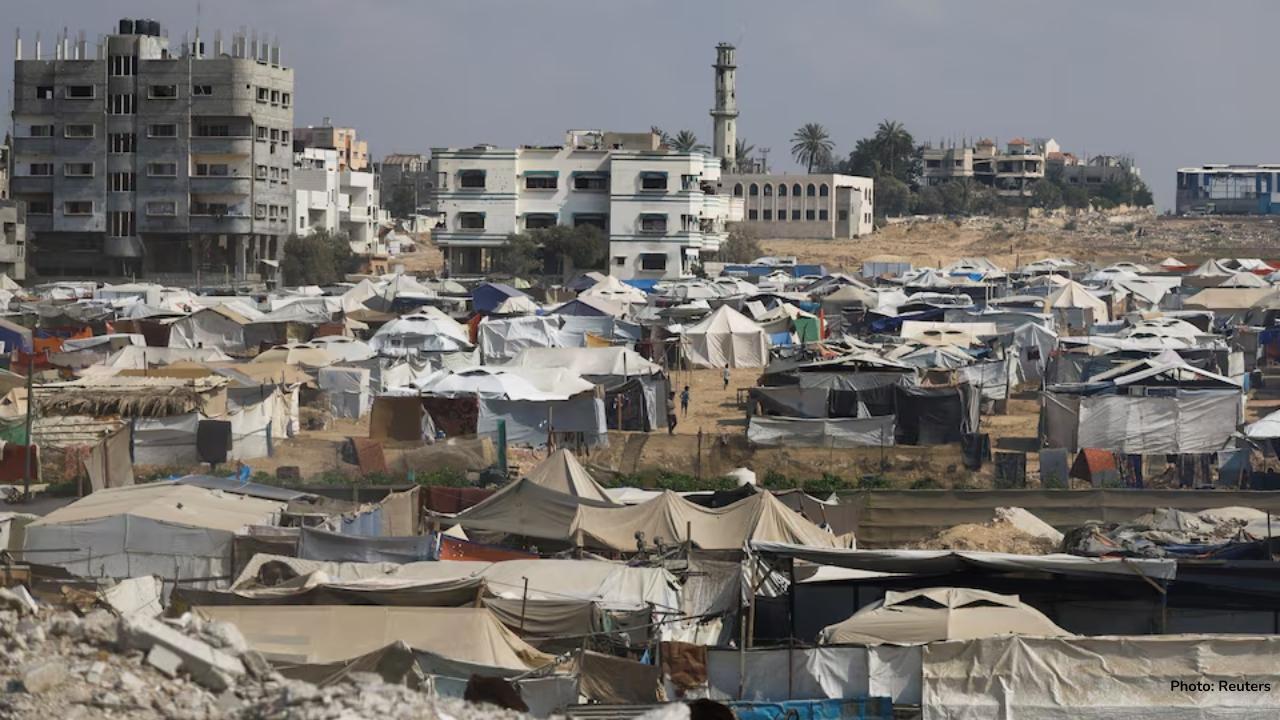
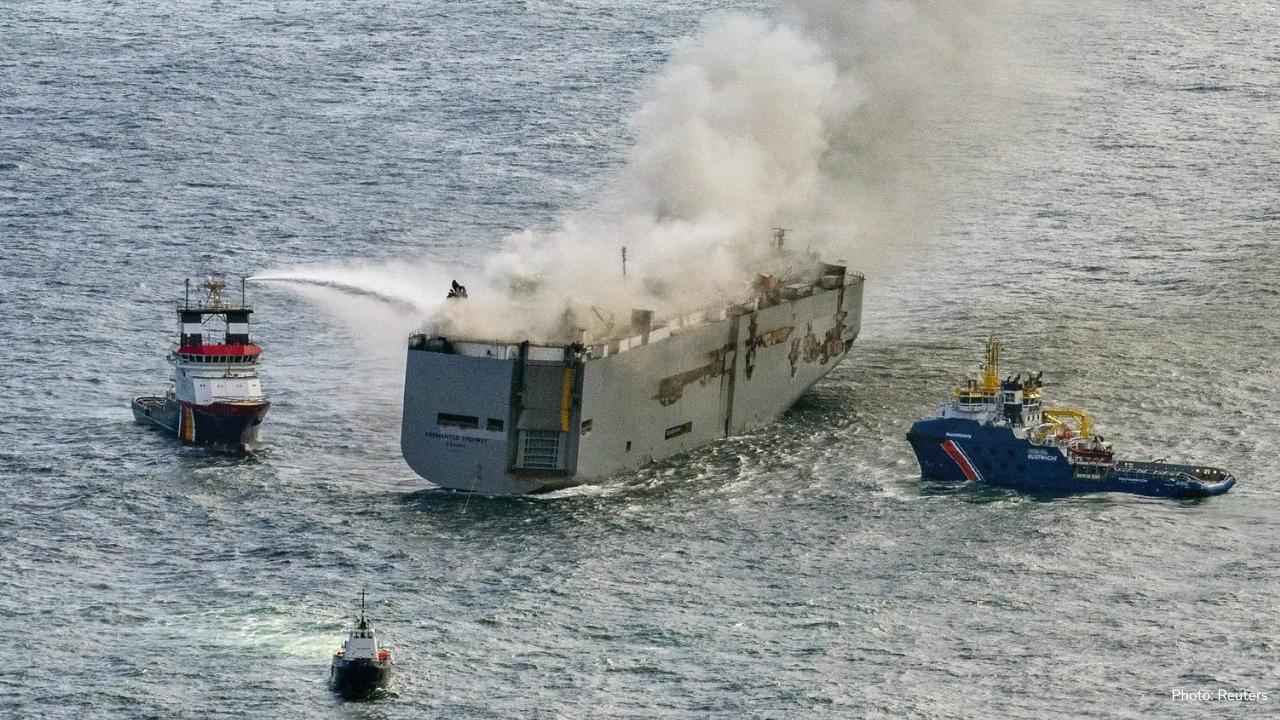

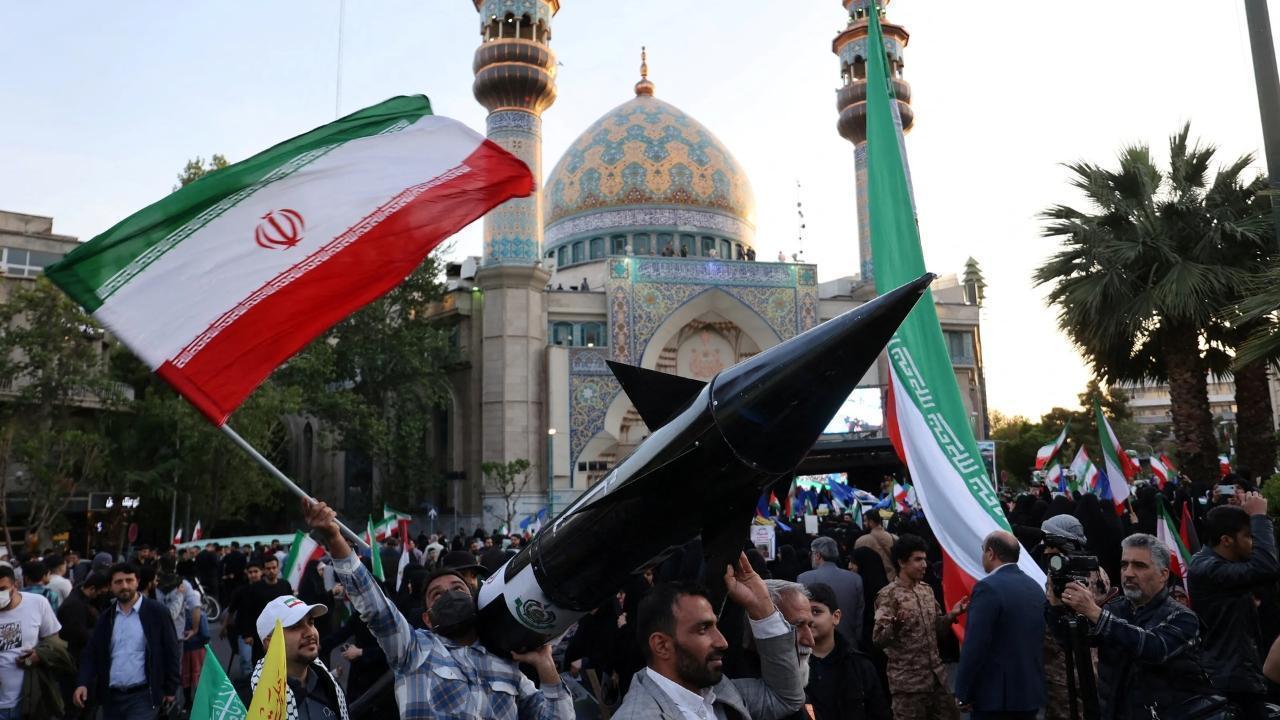
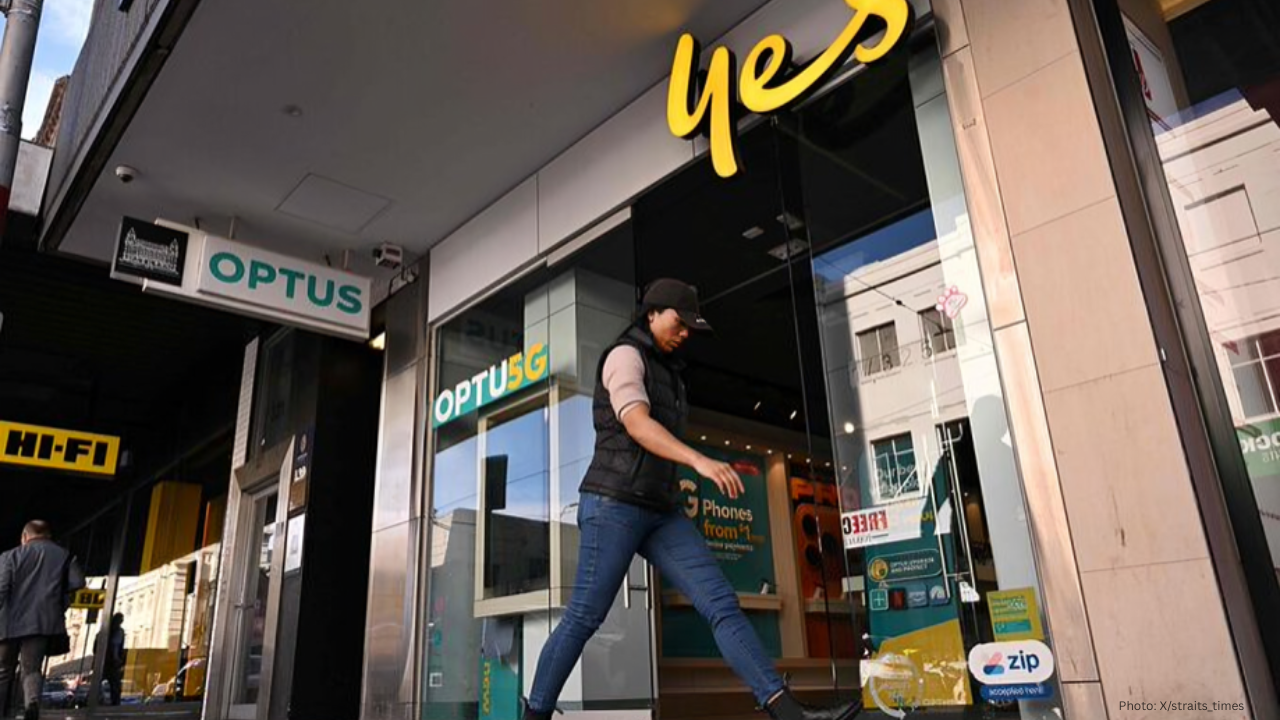

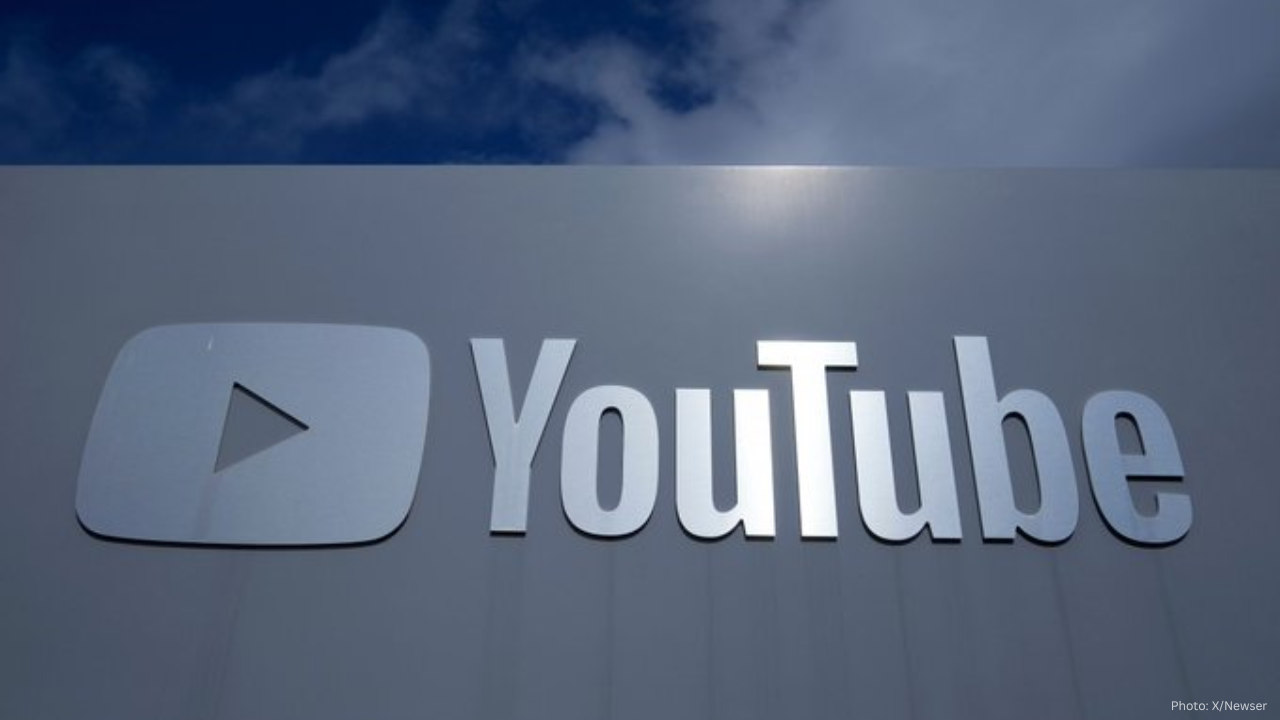


Abu Dhabi Approves $11.4 Billion to Improve City Life
Abu Dhabi's Crown Prince Sheikh Khaled bin Mohamed bin Zayed has approved an $11.4 billion plan to e

Palestinian Authority's Role in UN Two-State Plan Explained
UN-backed plan outlines Palestinian Authority's role in Gaza governance, peace efforts, and state-bu

Dutch Ship Hit by Explosion Near Yemen, Crew Rescued
Dutch-flagged cargo ship Minervagracht attacked near Yemen's Aden; two crew injured, vessel on fire,

UAE Urges Netanyahu to Support Trump’s Gaza Peace Plan
UAE calls on Netanyahu to back Trump's Gaza peace plan and warns against West Bank annexation, empha

US Deports 100 Iranians After Agreement with Tehran
The U.S. has deported 100 Iranians to Iran following a deal with Tehran. A U.S. flight departed from

Trump and Blair Lead New Gaza Peace Plan
U.S. unveils peace plan for Gaza with Trump and Blair leading. Hamas excluded. Plan includes ceasefi